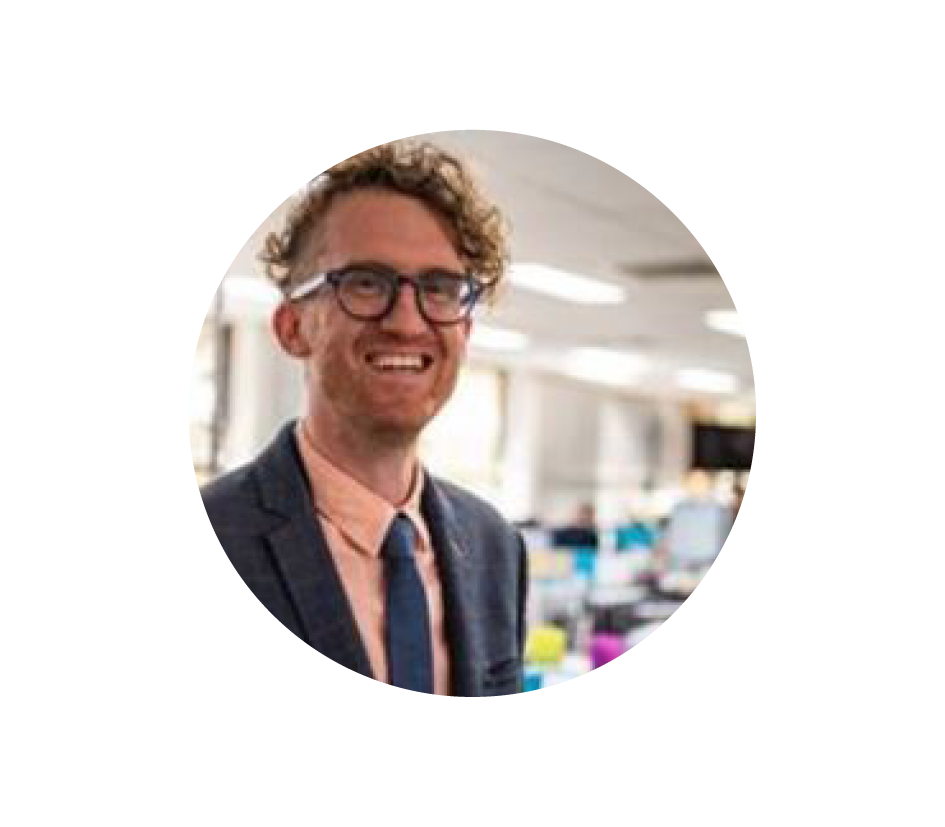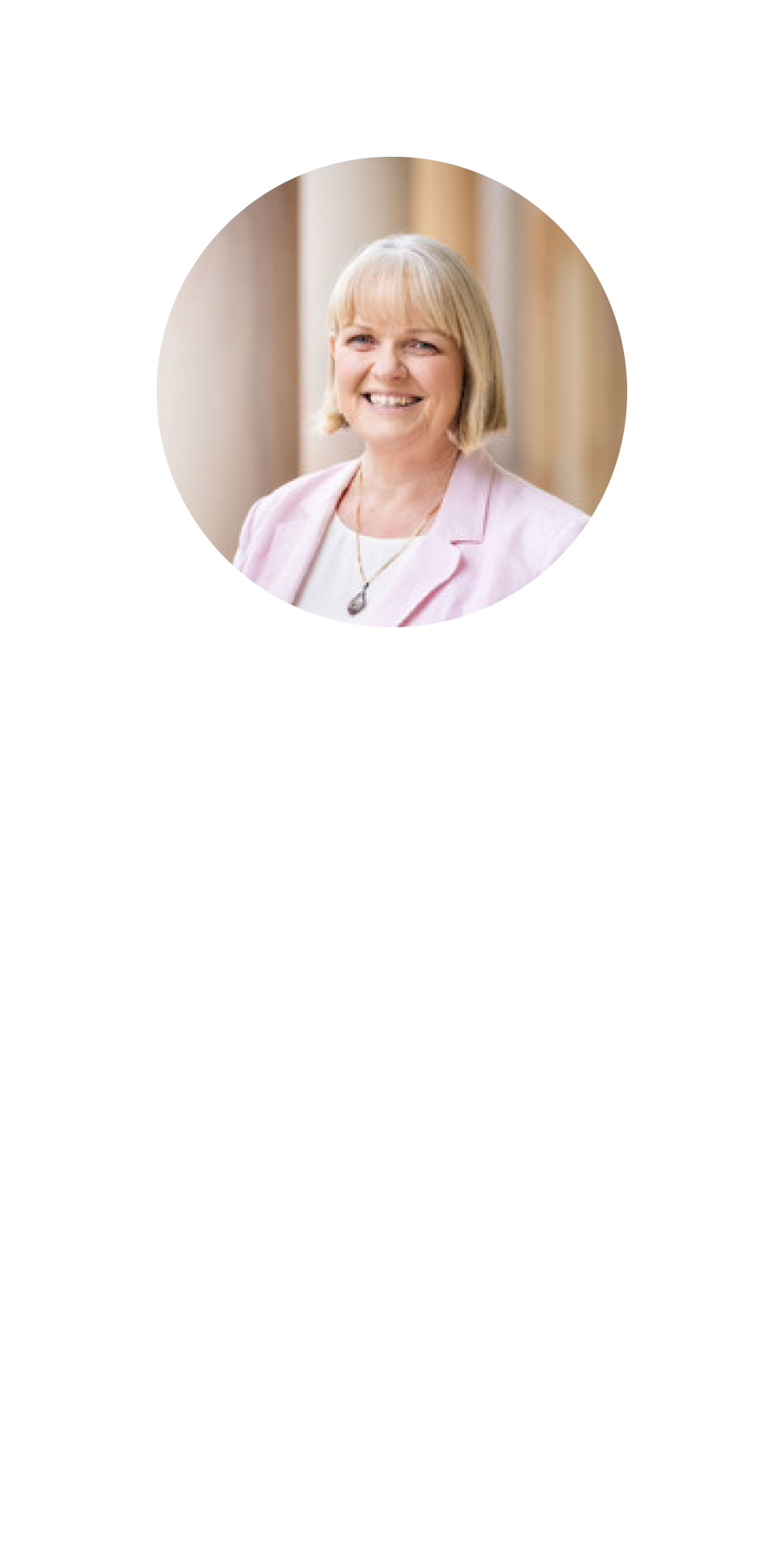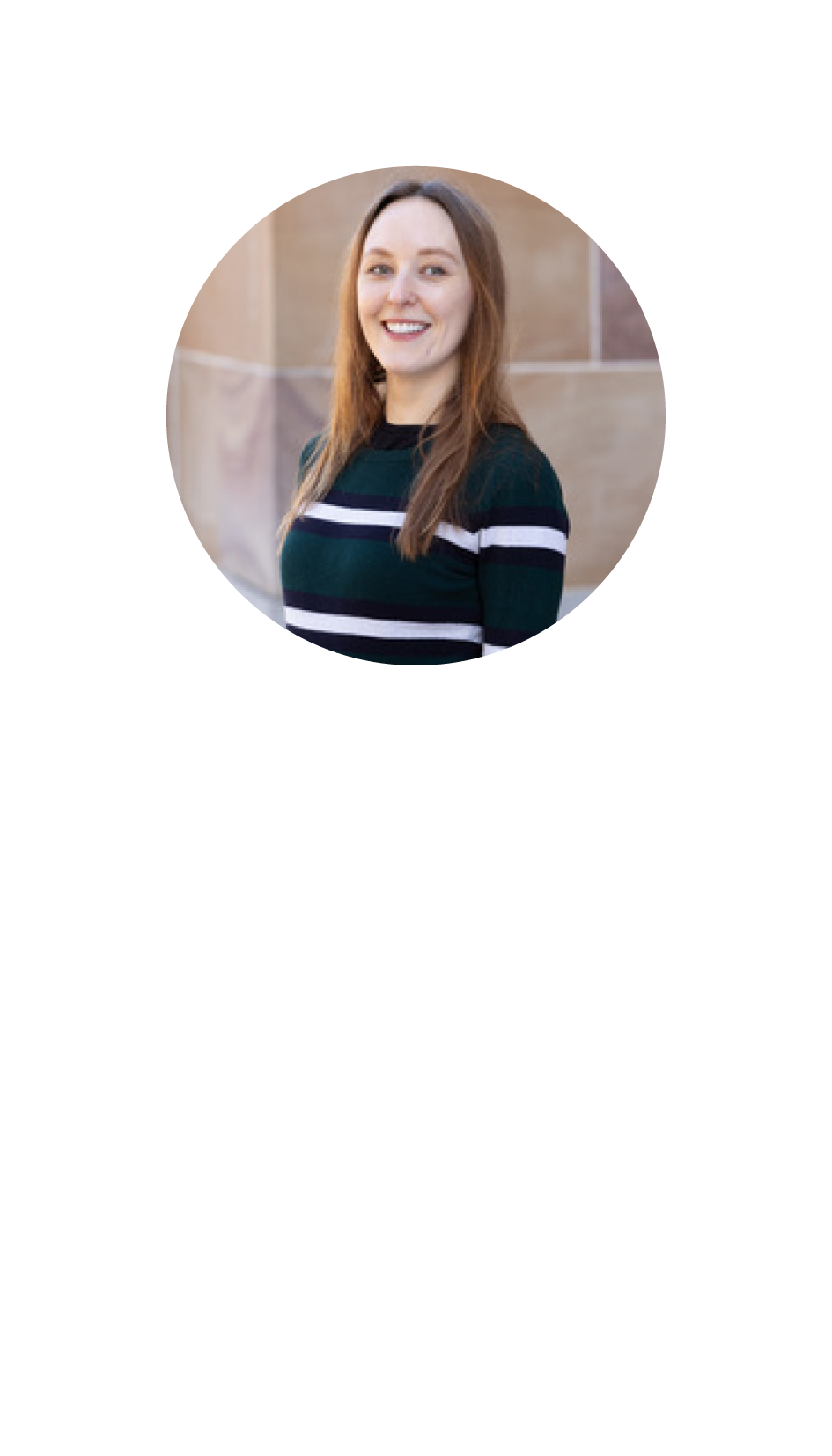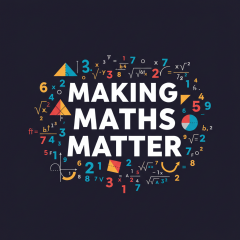You're invited to an exciting opportunity to explore the ongoing importance of the humanities in shaping well-rounded, culturally adaptable students in an AI-driven world. Join us in embracing "The Future is Human"

This one day event will focus on the importance of the Humanities and the Arts in an age of Artificial Intelligence, highlighting the intersection of religion, English, history, language, music, and the arts. We’ll discuss how these subjects enhance critical thinking, cultural intelligence, and adaptability in an AI-driven future. Participants will explore barriers and enablers of students’ learning experiences, reinforcing the message that even in an age of AI, the future is human.
Event: The Future is Human
Date: Thursday 23 January 2025
Travelling to join us? Why not look into our discounted accommodation partner: Essence Suites Taringa
- 15% discount valid for stays on 22nd and 23rd January 2025.
- Use code: FutureHuman for our special rate.
What you will receive: You will receive a certificate of participation, access to all tools, websites and software used during the PD, a copy of teaching resources and ongoing educational support beyond the PD
Schedule
8:45 am: Welcome
We will meet at the University of Queensland in Theatre (03-206) at the Global Change Institute
9:00 am: Keynote address
An inspiring session on reclaiming the humanities in an era of AI to make real, impactful change in the classroom with Professor Greg Hainge, Head of School of Languages and Cultures and leading expert in cultural studies.
9:30 am: Panel Discussion
Join a dynamic panel discussion with UQ's leading thinkers and creators as they explore the intersection of AI in the Humanities, and the Arts. Discover how AI is reshaping creative and intellectual landscapes, and engage in a thought-provoking conversation about the role of human creativity and ingenuity in a rapidly evolving digital world. Don't miss this opportunity to hear diverse perspectives on why, even in an age of AI, the future is human.
Meet the Panelists

Dr Luke Zaphir, specialises in philosophy, political theory, and education, with a research focus on citizenship education through critical thinking and inquiry. Currently a learning designer at The University of Queensland, he develops innovative, multi-modal assessments that promote critical thinking and address AI’s impact on education.
Dr Jennifer Clement grew up in rural New Hampshire and has lived in cities like London, Los Angeles, and Christchurch. Her research focuses on early modern literature, religion, adaptation studies, and print culture. She is currently writing a book on early modern sermons and emotions, with other publications on Elizabeth I, and Shakespearean adaptations.
Associate Professor Nicholas Carah, Director of Digital Cultures & Societies, is a prominent researcher in communication and media studies. His notable books include Media and Society: Power, Platforms & Participation (2021) and Brand Machines, Sensory Media and Calculative Culture (2016).
10:30 am: Morning Tea
Enjoy morning tea in the Atrium.
11:00 am: Breakout Sessions #1
Choose from two breakout sessions, each covering different topics:
Unlocking Gen AI for Teachers: Your Personal AI Assistant
Dr Simone Smala, senior lecturer in teacher education, educational psychology and multilingualism in education, will explore how Gen AI can support and enhance various aspects of your teaching, from lesson planning, providing feedback, streamlining assessments, and managing the everyday demands of school life to enhance teaching practices.
In this session, you'll gain a clear understanding of how to use AI as a personal assistant and how effective prompt engineering can unlock real-world applications specifically tailored for educators. We'll also explore common concerns around AI, including digital safety, practicality, and its role as a supportive tool in education. By the end of the session, participants will be equipped with the tools to leverage AI to make their professional lives easier.
Teaching with Text Generators
Dr Leah Henrickson, lecturer in Digital Media and Cultures who studies digital storytelling for critical self-reflection, will explore student engagement with AI.
In this session, you'll play with popular, free generative AI systems through a series of activities that you can adapt to your own classrooms. Activities will focus on developing students' communication, creativity, and critical thinking skills. Each activity will be followed by a set of questions to encourage students to think more deeply about generative AI and new technologies more generally. No prior experience with generative AI systems is needed for this session - just enthusiasm for exploring what the systems can do.
12:00 pm: Lunch
Enjoy a delicious lunch in the Atrium.
12:00 pm: Professional Experience
Meet with Susan Brooks from the Department of Education International as she discusses a range of immersive global programs and opportunities that are available for students, teachers, education leaders and schools each year, delivered online, locally or via outbound and inbound immersion.
12:45 pm: Breakout Sessions #2
Choose from two breakout sessions, each covering different topics:
Oh, the Humanities!
Professor Kim Wilkins, is recognised expert on storytelling, popular literature, and the publishing industry, and author of more than 30 full-length works of fiction.
With the rise and rise of STEM funding, faith in technology to solve the world's problems, and increasing dismissal of a Humanities education, one could conclude that understanding history, close reading a text, or being able to write a poem have little value in a complex world. However, this workshop aims to show you how all problems are Humanities problems.
Composing Careers in Education

Associate Professor Julie Ballantyne, known for her work in the areas of music teacher identities, social justice, music teacher education, and the social and psychological impacts of musical engagement will focus on creating inclusive music education environments.
Teachers will explore changing the narrative around teacher burnout and move towards optimism by harnessing the transformative potential of poetry and songwriting. Participants will be introduced to some fun and powerful strategies to reframe the ways they see themselves in their careers. By learning strategies from arts-based research including poetic inquiry, teachers will reimagine and reconceptualise their professional identities.
1:45 pm: Employability in Humanities and the Arts
Join Dr Angie Knaggs, Senior Educational Designer, and be introduced to different career paths in humanities, arts, languages and cultures to share with your students. This session covers skills and capabilities for the field and recommended tertiary pathways while also addressing the socioeconomic aspects of humanities studies.
2:30 pm: Closing address and bubbles
An inspiring closing with the Executive Dean of the Faculty of Humanities, Arts and Social Sciences at the University of Queensland, Professor Heather Zwicker on key ideas about the world through great works of literature added to the skills aquired by learning languages and studying history, literature and the arts. Afterwards, enjoy wine, cheese, canapés and networking with fellow teachers, researchers, and educational leaders.
Limited spots available. Book yours now!
About UQSchoolsNet Professional Development workshops
Discover the endless learning possibilities that only a UQSchoolsNet Professional Development workshop in technology can offer, in workshops led by world-class researchers at the University of Queensland.








